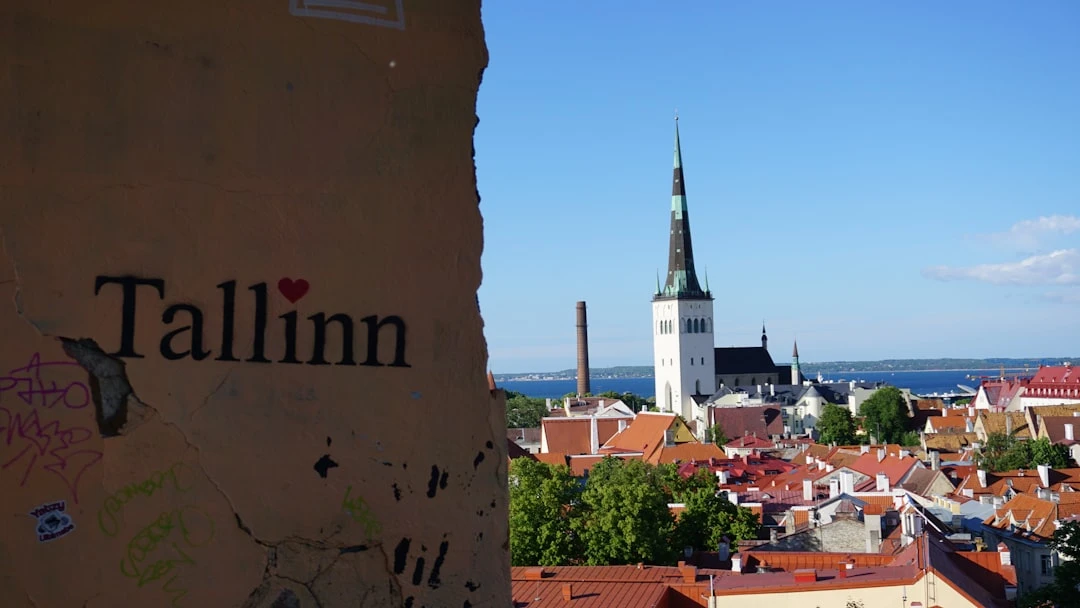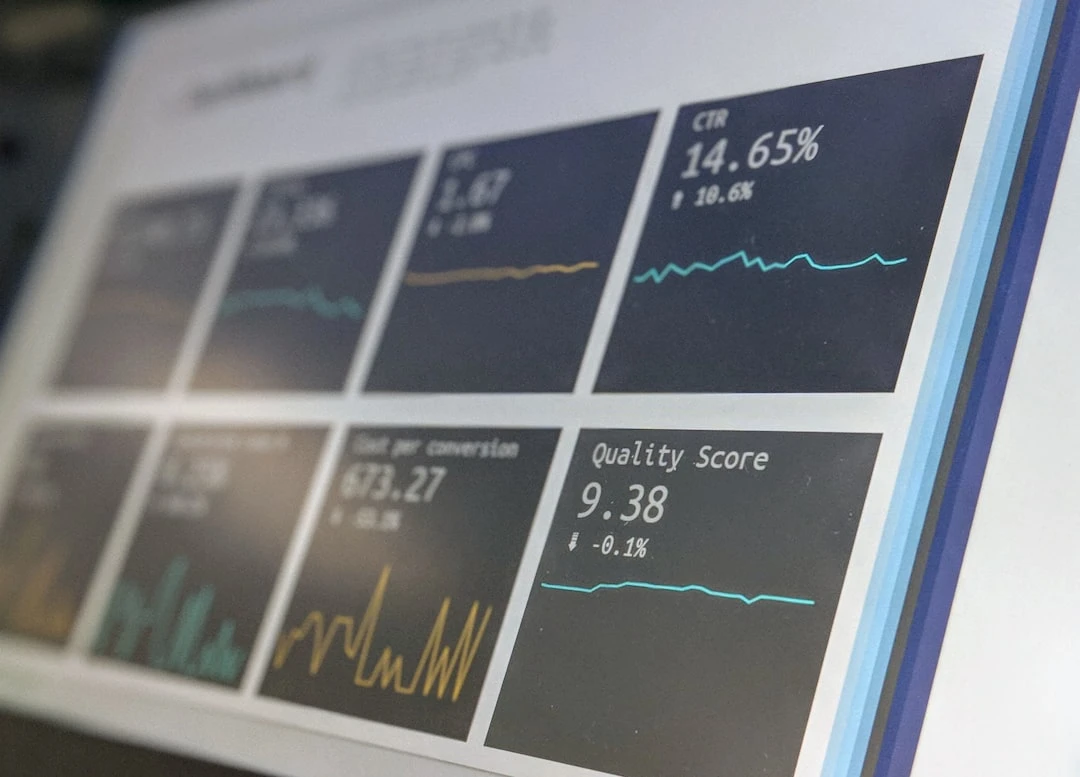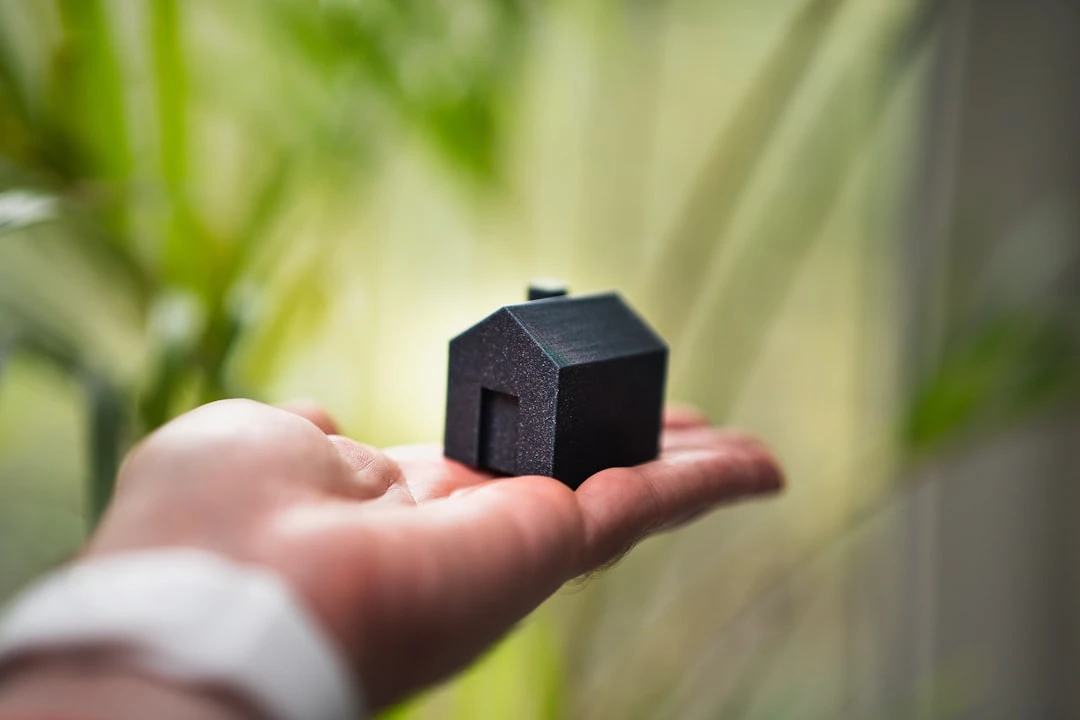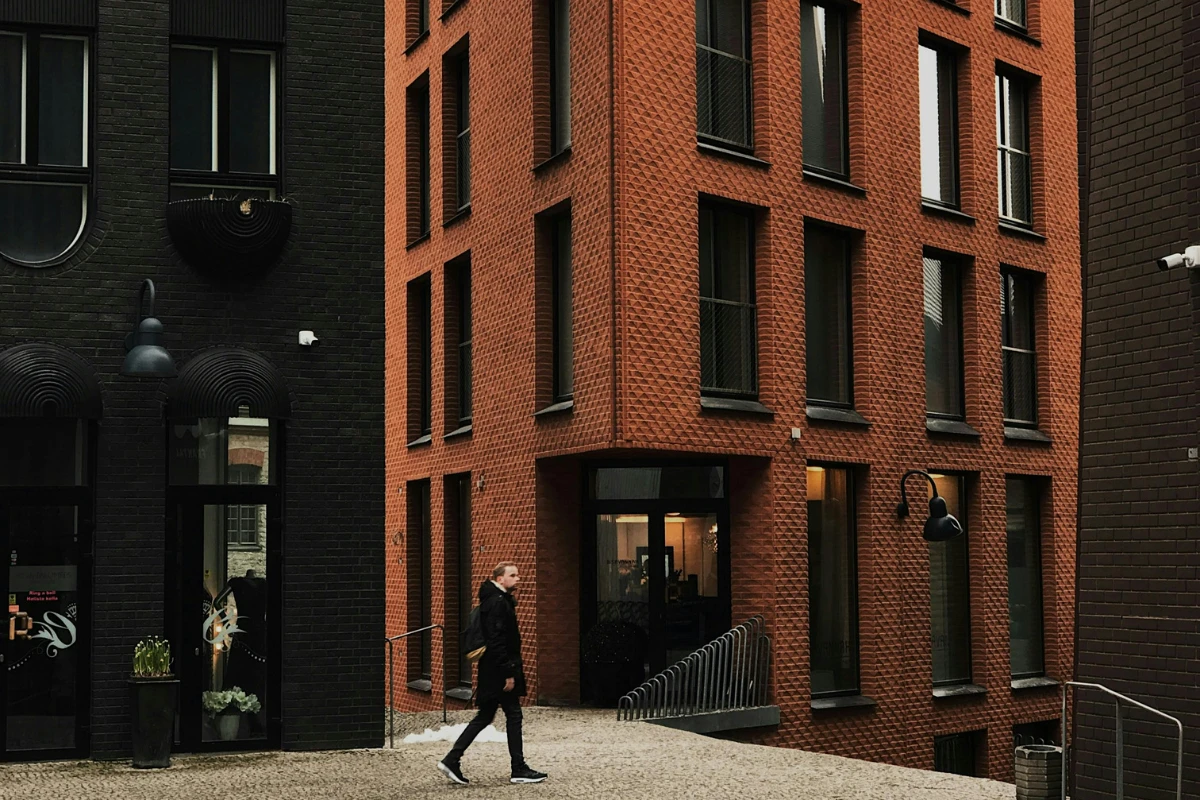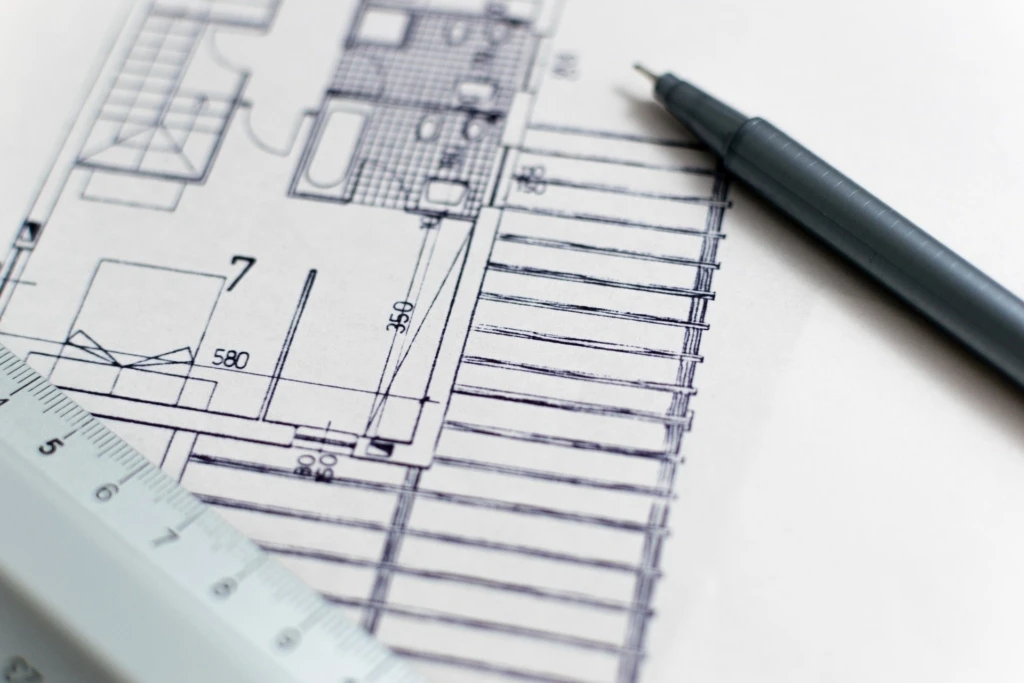How to Prepare Your Plumbing and Heating System for Winter?
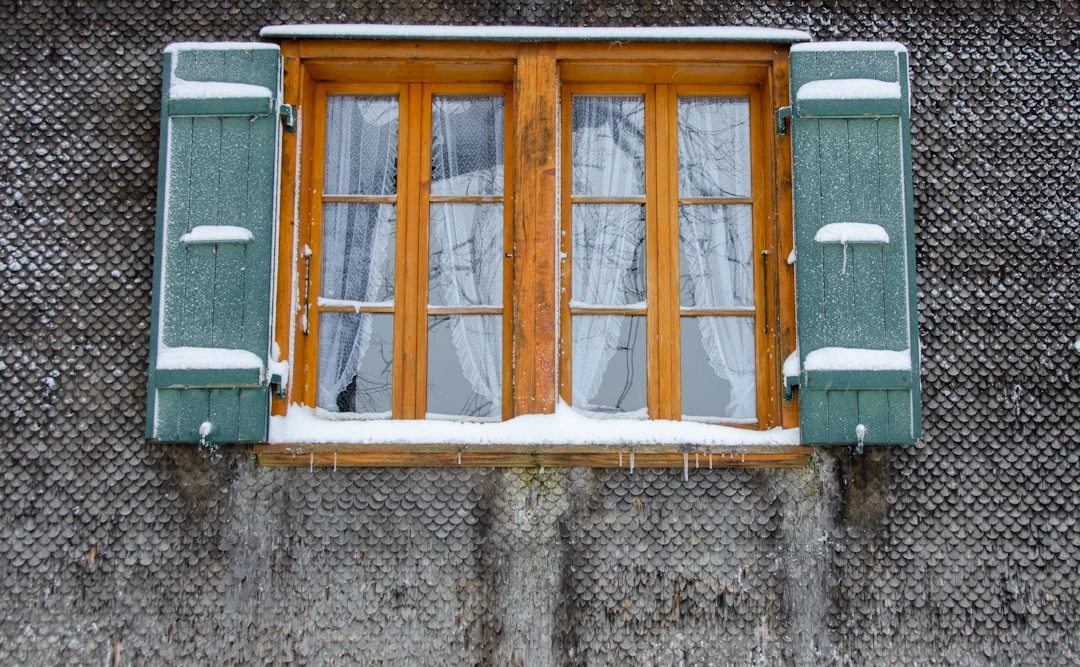
Estonian winters can be unpredictable. Building plumbing and heating systems are put to the test in winter, especially during cold weather. Timely preparation (radiator checks, pipe insulation, and heating system maintenance) helps avoid unexpected problems and saves both nerves and money.
Why is preparing for winter important?
Unmaintained plumbing and heating systems can cause serious problems when cold arrives. Pipes can freeze and burst, causing extensive water damage. Heating system failures can leave your home cold at the most inconvenient times, and reduced energy efficiency leads to higher heating bills.
Damage from frozen pipes can be significant. Several cases have shown that repair costs can reach even 10,000 euros. In some more extreme cases, over a hundred cubic meters of water have flowed from frozen pipes, damaging multiple floors and electronics.
Plumbing inspection and preparation
1. Insulation inspection
Start by checking the pipes, especially on external walls and in cold rooms such as basements, attics, or unheated spaces. Check the condition of the insulation material and make sure the insulation is at least 9 mm thick. Replace worn or damaged insulation in good time. Pay special attention to pipe elbows, fittings, and threads, as these areas are particularly susceptible to freezing.
2. Leak detection
Before cold weather arrives, it is important to find and fix any leaks. Visually inspect visible pipes and monitor the water meter - if it moves while all taps are closed, there may be a hidden leak. Also check that tap seals are in good condition and not dripping, as even small drips can cause serious problems over time.
3. Outdoor plumbing protection
Outdoor plumbing is particularly vulnerable to cold. Drain and close watering hoses and external branches. Insulate pipes close to the ground and consider installing heating cables around critical pipes. These preventative measures help avoid costly repairs in spring.
4. Preparation for longer absences
If you leave home for a longer period, especially in the case of summer cottages, close the main tap and drain water from the plumbing by opening taps after shutting off the water. If necessary, use antifreeze in toilets, following the manufacturer's instructions. Keep the minimum room temperature at least +3°C to prevent plumbing from freezing.
Heating system maintenance and optimization
Regular heating system maintenance is key to energy efficiency and can reduce heating costs by up to 15%. A well-maintained system operates more efficiently and extends the lifespan of equipment.
1. Radiator maintenance
Bleed radiators to remove air bubbles that prevent heat circulation. Clean radiators ensure better heat transfer, so clean them of dust and dirt. Make sure radiators are not covered or blocked by furniture and check that thermostats are working properly. Well-functioning radiators enable uniform heat distribution throughout the room.
2. Boiler system maintenance
Clean heat exchangers and burners, as dirt significantly reduces their efficiency. Check the system pressure and temperature and review safety devices and protections. Make sure the system is properly balanced, ensuring optimal heat distribution throughout the house.
3. Heat pumps and air-source heat pumps
Regularly clean heat pump filters and ensure the area around the external unit is clean. Check that snow and ice do not accumulate on the external unit and make sure drainage is working properly. A clean and well-maintained heat pump operates more efficiently and consumes less energy.
4. For district heating users
If your home uses district heating, it is important to understand how district heating prices are formed and how to improve system efficiency. Make sure the heat exchange station is maintained and adjusted and check that all valves and equipment are working properly. Pay attention to pipe insulation in the heat exchange station as well to reduce heat loss.
Improving energy efficiency
1. Thermal insulation
Check the tightness of windows and doors, if necessary install seals that help prevent heat loss. Make sure wind barriers are properly constructed and maintained. Good insulation in the attic and on critical external walls reduces heat loss and helps keep heating costs low.

2. Smart temperature regulation
Use programmable thermostats to lower the temperature at night or when no one is home. The optimal room temperature is 20–21 °C, each additional degree increases heating costs by approximately 5%. Conscious temperature regulation can bring significant savings.
3. Ventilation and humidity
Proper ventilation is important to prevent moisture damage. Check that ventilation openings are not blocked and use ventilation in bathrooms to prevent mold growth. Monitor that moisture does not condense on cold surfaces and pipes, as this can cause mold growth and damage building structures.
Ensuring safety for the winter period
1. Smoke and carbon monoxide detectors
During the heating season, the risk of fire and carbon monoxide poisoning increases. Check the smoke detector condition and make sure they are installed in the right places - bedrooms, hallways, and living rooms. Add a carbon monoxide detector, especially if you use a stove, fireplace, or gas heating, as carbon monoxide is odorless and invisible but deadly.
2. Heating system safety
Make sure there is sufficient free space around heating devices and that heating equipment meets safety requirements. Clean the chimney and flues before the heating season begins to prevent soot fires. Regular inspection and maintenance ensure safe use of heating systems throughout the winter period.
Preventing blockages in winter
During cold weather, sewage blockages are more common. Do not throw fat, oil, food scraps, or other unsuitable materials into the toilet that may cause blockages. If necessary, use special cleaning products to prevent blockages and regularly clean drain grates and strainers.
Careful preparation for winter saves both money and nerves. By following these guidelines, you avoid damage from frozen pipes, heating problems, and excessive energy consumption. Kinnisvara24 is always ready to help with home-related questions – you will find useful tips on our site that help you make informed decisions about your home maintenance and rental. Remember that professional help can turn out to be the most cost-effective solution in the long run, especially for more complex heating systems or older plumbing.
